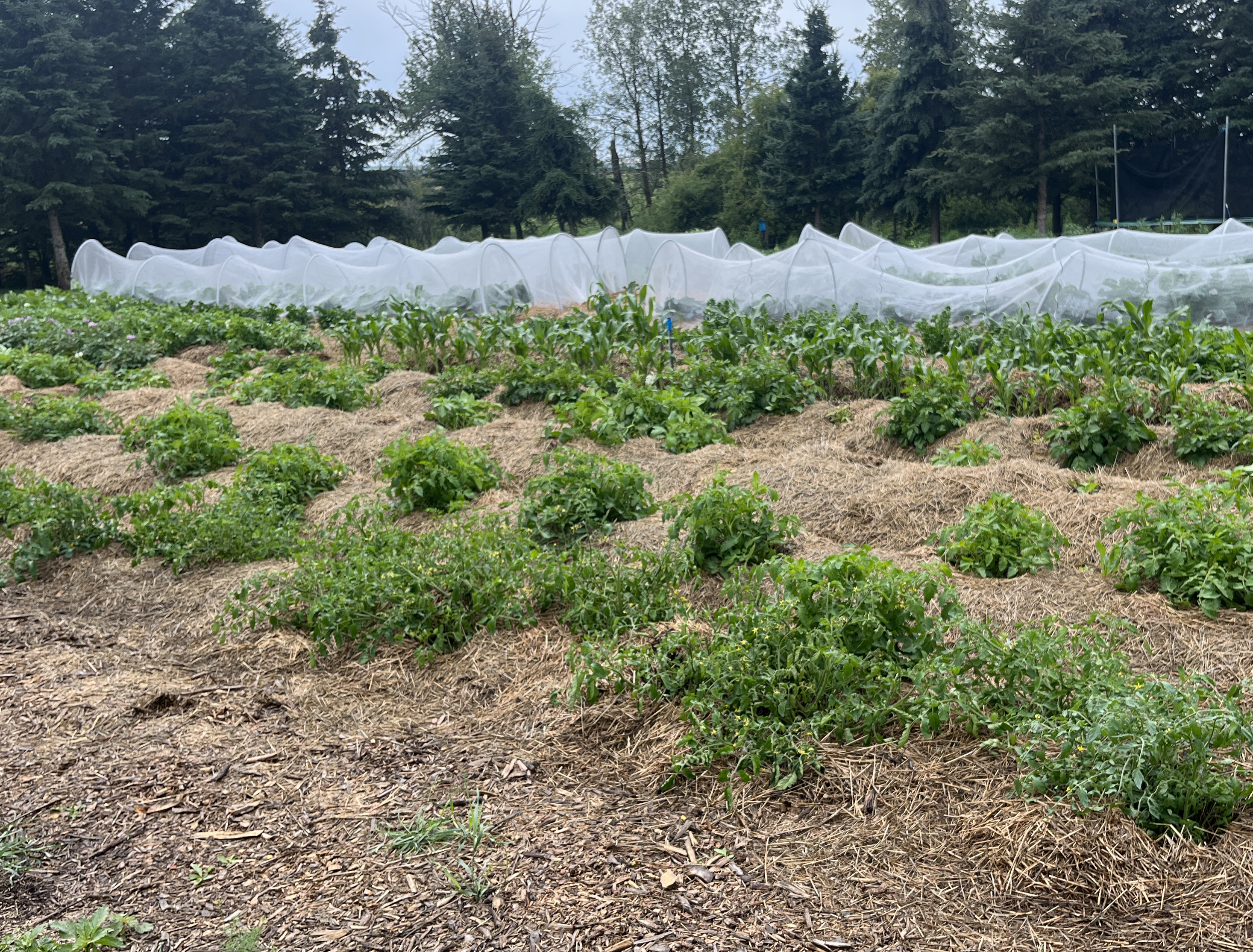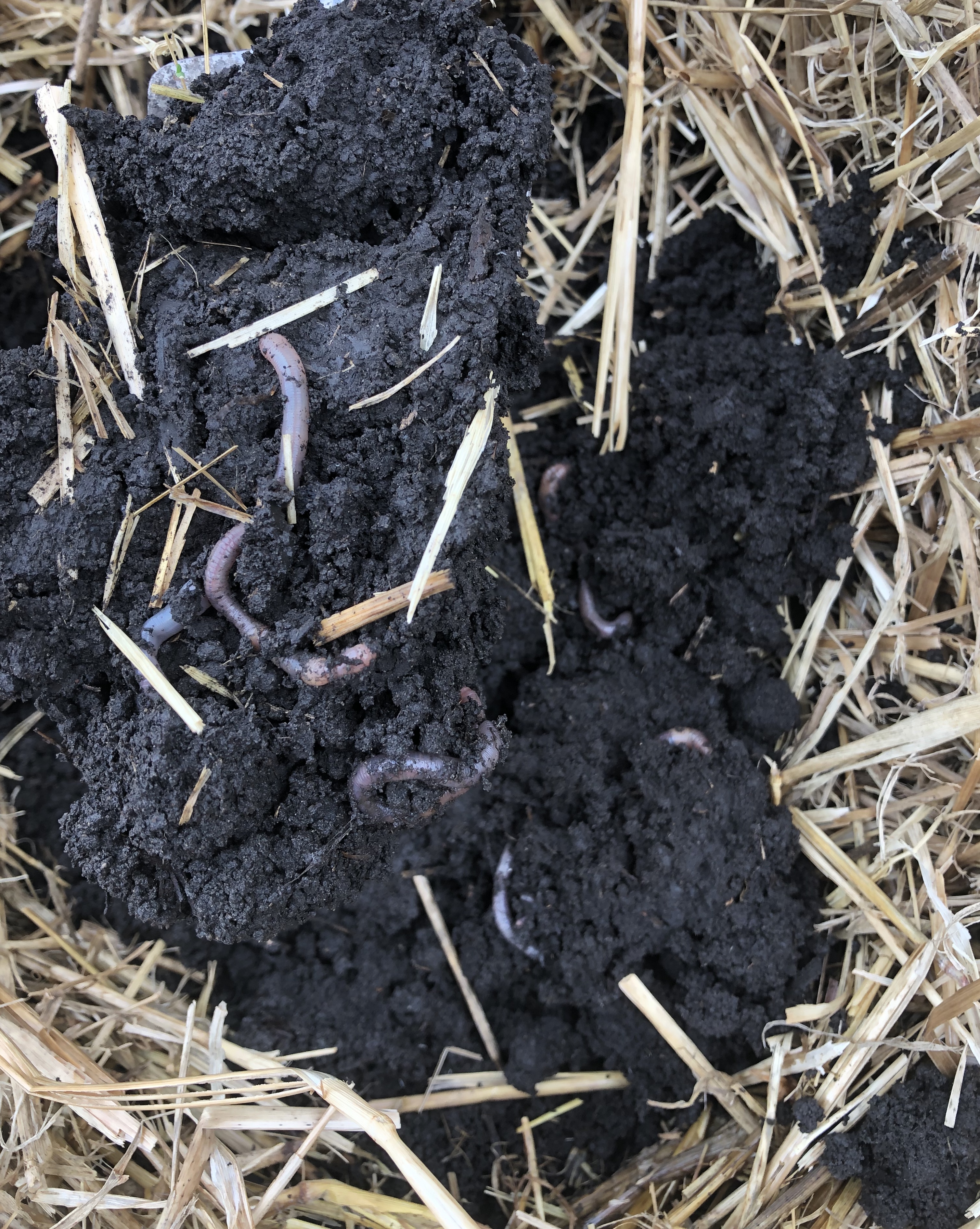
Our garden as an ecosystem
No till gardening is a system of gardening where the soil is mulched to prevent soil erosion, conserve water and reduce the pressure of weeds. No till is a part of learning to garden with the ecosystem that exists in our gardens. If we work with our garden's ecosystem, we reduce the amount of physical work our garden takes!
For many of us, our garden is the little bit of plant that sits on the soil but in reality, our garden is an entire ecosystem made up of many components that work together. If we pull out one section of that ecosystem, we affect the whole system and how well it works.
While traditional gardening focuses only on the bit of plant that sits on top of the soil, no till gardening looks at the garden as an ecosystem. This ecosystem is made up of soil, microorganisms, insects, water, air, sunshine – they all have important roles to play to create a garden that works with nature rather than against it.
Failing to see the ecosystem causes more work.

Our gardens are alive with all kinds of creatures that work in a huge variety of jobs; breaking down organic material in the soil so it is available to plants, pollinating the flowers, predator insects that eat the ones that cause damage to our plants and more!
Tilling disturbs the delicate ecosystem that exists in our soil. Soil microorganisms are plentiful and work to break down the organic material in the soil which makes it accessible to plants. Without their help, our plants would starve. Every time we till, we are destroying their ecosystem which inhibits their ability to improve our soil health.
Every time we spray a pesticide, we get rid of all the insects, not just the ones causing the damage. This can include the beneficial insects that pray on them!
To improve the health of the garden ecosystem, we need to protect the insects and microorganisms that live in our gardens by limiting the use of pesticide and providing habitat for the beneficial insects to live in.
In a teaspoon of healthy soil, you can find 100 million bacteria, several yards of fungal filaments, up to 1 million protozoa, 200 nematods, a few arthropods and an earthworm or two.
By reducing tilling and the use of pesticides, we protect the organisms in our soils that work to help break down organic material that feed our plants, allow them to control disease levels and work to improve the quality of our soil.

